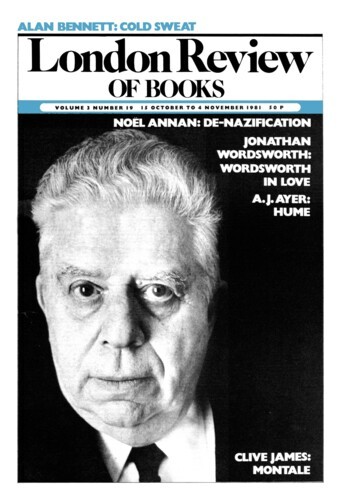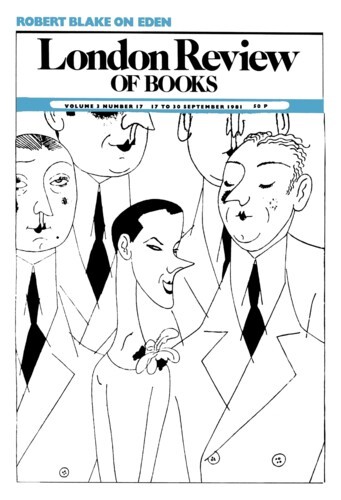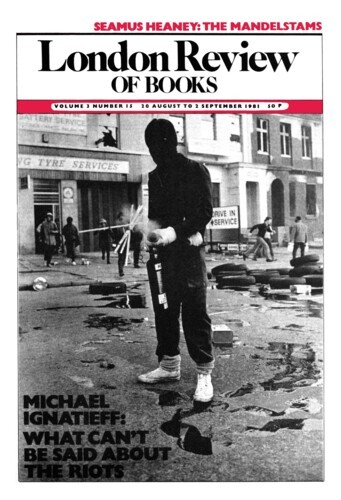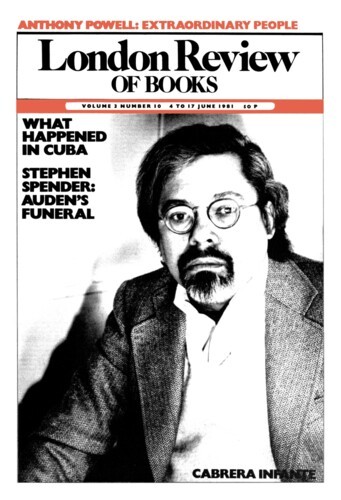Biographical Materials
Alan Hollinghurst, 15 October 1981
Donald Mitchell recalls that Benjamin Britten had a low opinion of music critics in newspapers. Alan Blyth’s compilation Remembering Britten would have done little to make him change his mind: it is a book fundamentally misconceived and often grotesque in execution. The tributary volume of memoirs, such as the one Stephen Spender compiled after Auden’s death, has the value not only of illuminating its subject but of providing a complex shading of reaction and relation through the personalities of the contributors. Alan Blyth has recorded reminiscences from 30 persons who knew Britten, and then systematically eradicated the element of personality by paraphrasing the recollections in his own words. Only Imogen Holst and Sir Michael Tippett have escaped this platitudinous reworking since their contributions had appeared previously elsewhere, and the effect of their words is of a far higher intensity than that of the others’. The absurd though sympathetic grandeur of Tippett’s style carries a real conviction: ‘The news of Benjamin Britten’s death brought a sense of loss to every musical person of the whole world’; or, ‘a sense of death was sharper still in Death in Venice, the last of all operas.’ This ‘last of all’, however, proves to be a mistranscription of the original article: the proof-reading throughout is slovenly – ironically in a book which repeatedly comments on the punishingly high standards Britten always set himself.




